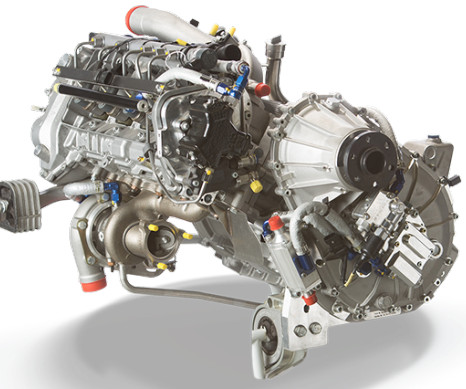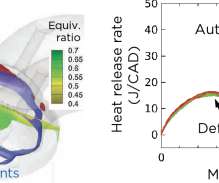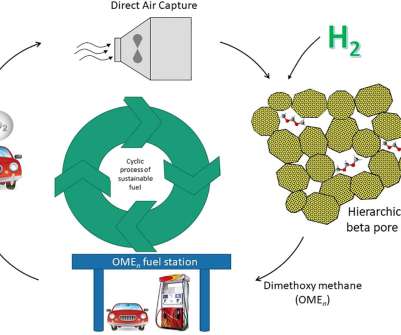Continental Aerospace Technologies finalizing HVO testing for use in CD-100 engine series
Green Car Congress
JULY 26, 2023
This research and development investment signifies Continental’s commitment to fostering a more sustainable general aviation industry aimed at reducing carbon emissions and promoting environmental stewardship. HVO is a renewable and carbon-neutral fuel alternative.















Let's personalize your content